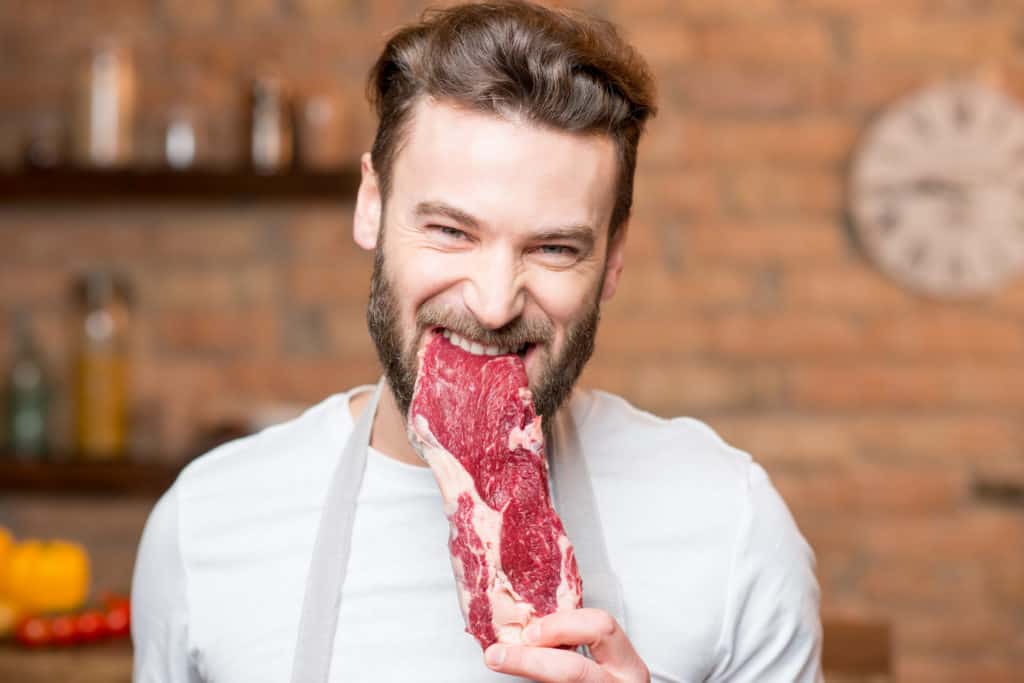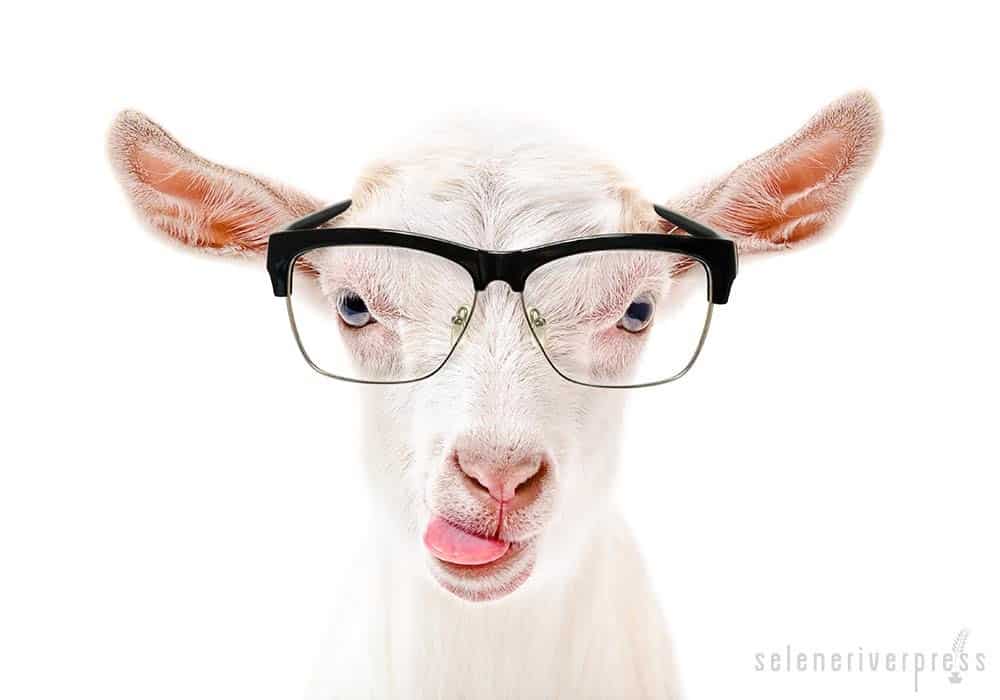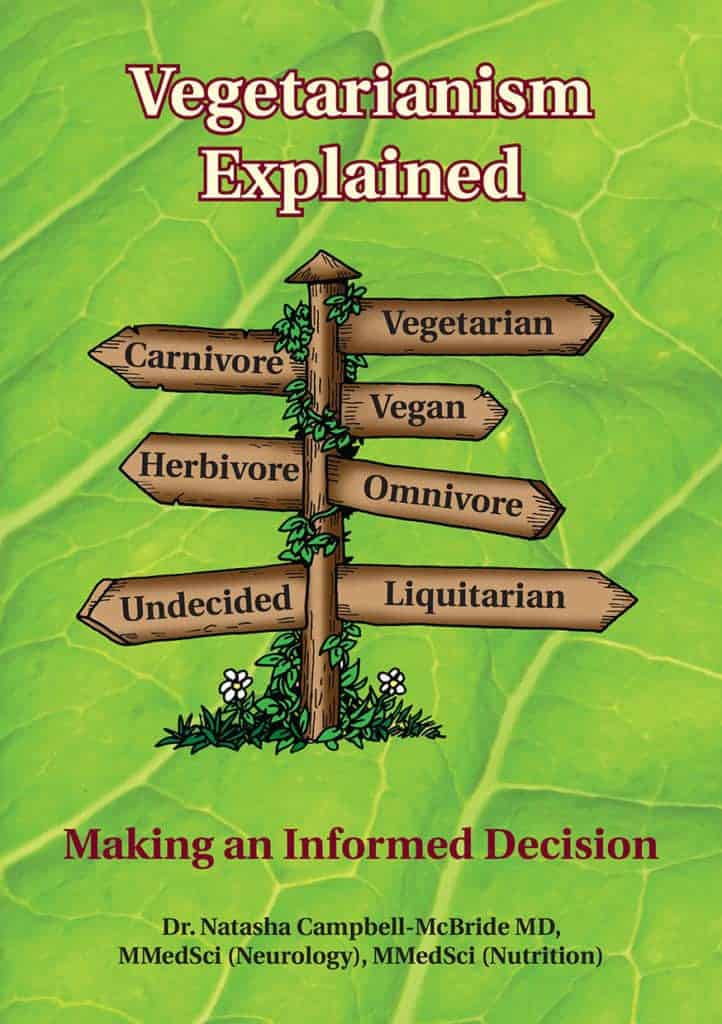Meat isn’t good for our bodies. We only ate it in the olden days due to necessity. Now we should eat it sparingly, if at all.
Animal products were never meant for human consumption, especially milk and other dairy products. Our bodies cannot digest them properly. Besides, consuming meat and dairy products is cruel to animals.
Animal products cause cancer by feeding cancer cells, so we should avoid them at all costs. Veganism is the healthiest lifestyle.
Have you ever heard these arguments? Ever struggled with wondering if they’re true? I have, especially recently!
In the last year, I’ve had a real struggle with the legitimacy of vegetarianism and veganism. I’ve seen more push for it in society and the media. I’ve tried it on and off in the past, and I’ve even had family members push it on me. I’ve been so conflicted and confused for over a year now, wondering if a vegetarian or vegan diet really is the right choice. It’s not even just a health issue anymore. It seems we’ve made it into a moral and ethical one, which makes me guilt myself for eating meat and consuming other animal products. I’m murdering animals! I’m hurting chickens to make them lay eggs! I’m killing baby cows so I can take their milk! Sometimes it seems like the guilt was eating me alive.
So I gave it a shot. I tried cutting meat from my diet and eating fish only occasionally. But there was just one problem—I felt terrible! Even thou gh I was cooking healthy meals, I had a total lack of energy. My head throbbed more often. I felt sluggish. There was no doubt about it…my body craved steak.
gh I was cooking healthy meals, I had a total lack of energy. My head throbbed more often. I felt sluggish. There was no doubt about it…my body craved steak.
Many people reading this may say (and some did say) things like: “You just need to give your body more time to adjust.” Or: “You just need to take supplements to get the vitamins and minerals you’re missing.” I was subjected to similar statements designed to get me to see the error of my ways. But to me that just doesn’t make sense. If I need to take supplements to counteract the effects of not eating certain foods, isn’t that my body’s way of telling me I need to eat those foods?
So I decided to listen to my body and go back to eating meat. My family never has (and still doesn’t) eat meat with every meal. But we do consume some type of animal product every day. Once I made this change, I felt much better—physically. Emotionally? Not so much. I continued to struggle. Every time I talked to my vegan sister, I’d doubt myself and wonder if I was doing the right thing.
Then Selene River Press picked up a new book, Vegetarianism Explained by Dr. Natasha Campbell-McBride. I bought my copy at the Back to School for Doctors 2017 seminar and immediately started reading it. I’m so grateful I did! Dr. Campbell-McBride explains in detail the science of meats vs. plant matter and how our bodies digest the two. The first chapter alone blew me away. I learned that the human digestion tract mirrors that of other carnivores—not herbivores. In fact, we’re so different from plant-eating mammals that we’re not even capable of fully digesting all of the material in plant matter. As Dr. Campbell-McBride details near the beginning of her book:
“As in predatory animals, our human stomach is designed to produce acid and pepsin, which are only able to break down meat, fish, milk and eggs. Our stomach is designed to perfectly digest animal foods. Plants, however, do not digest in our stomach to any degree…The bulk of the plant—the fibre and most starch—is indigestible for the human gut” (p. 10).
If we’re not meant to eat animal products, why is our body built to do just that?
Dr. Campbell-McBride further explains that meat, fish, eggs, and dairy “are largely building/feeding foods. They feed the cell regeneration in the body, allowing the body to maintain its normal physical structure and chemical composition. In other words, animal foods provide the ‘bricks and mortar’ our body is made from” (p. 25).
I also learned that while plant foods can cleanse and detoxify our bodies, they can’t nourish us in any meaningful way. This explains why cutting out animal products made me feel so weak and tired. I was eating food, but I wasn’t feeding my body!
This is just the tip of the iceberg. With every page I learned something new and unexpected about vegetarianism. I’m finally at peace with my decision—no matter what nonsense society throws at me next.
However, one huge issue still needs to be addressed: the kind of animal products we consume. Vegetarians and vegans can point to the poor quality of most animal products out there to shore up the health arguments of their diet. And it’s true—the meat and dairy products available at the grocery store are likely to contain added chemicals, hormones, preservatives, and all manner of things not meant for human consumption. Dr. Campbell-McBride notes how important it is to make sure we put only healthy, organic, grass-fed (and preferably local) foods into our bodies—both animal and plant based.
I want to stress that while most of the animal products sold at grocery stores are atrocious for our bodies, it doesn’t mean all of them are! This is an important distinction as I believe some people choose to become vegetarians or vegans because commercially available animal products aren’t healthy to consume. If you ever hear someone citing this as an argument for a vegetarian diet, you can explain that the same thing is true of most plant foods at grocery stores. They too are laden with pesticides, chemicals, and preservatives. And if they’re not grown in nutrient rich soil, they won’t have many nutrients to offer either. Just as we strive to find local, organic produce, we can do the same with our animal products.
For a better understanding of how to find the right foods for our bodies, I highly recommend Put Your Money Where Your Mouth Is! by Stephanie Selene Anderson. This invaluable guide to healthy food shopping is packed with information on how to find, cook, and thrive on whole foods.
If you or someone you know is struggling with the same dilemma over vegetarianism, I implore you to read Vegetarianism Explained. A barrage of false information is thrown at us every day, so arm yourself with the truth. That way you’ll know you’ll be making an informed decision based facts rather than emotions.
Images from iStock/Sonsedska (main image), RossHelen (post image).




Great article, Danielle! Thanks for the helpful information!
Thanks Sam, I’m glad it was helpful!